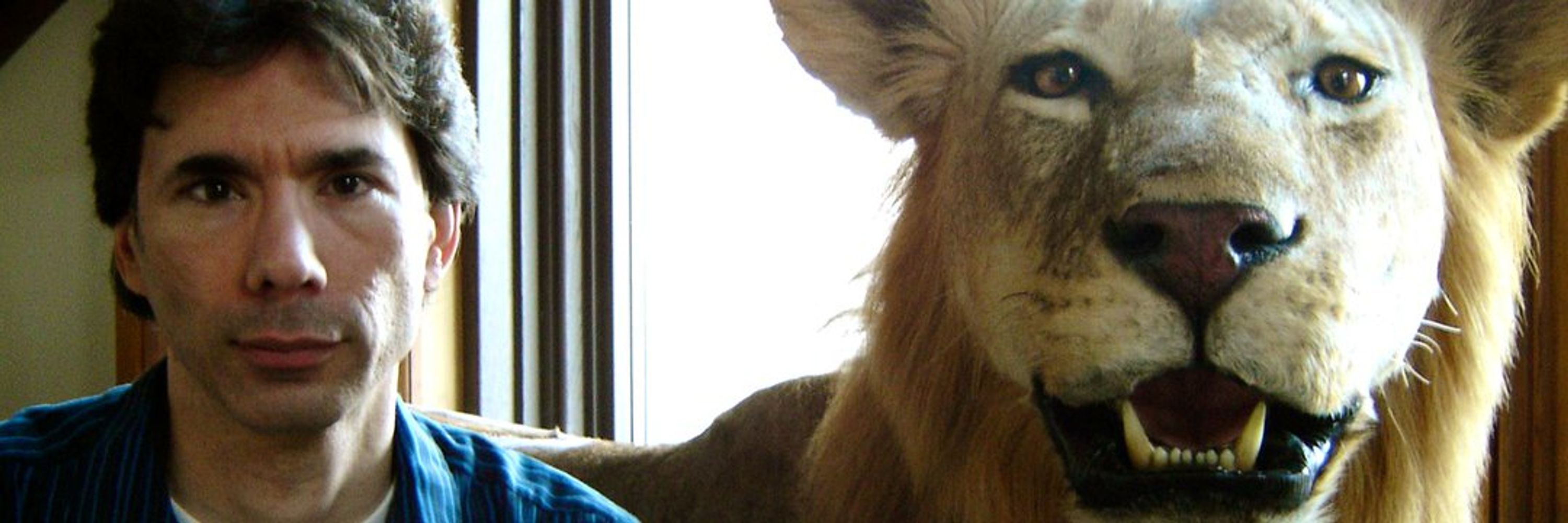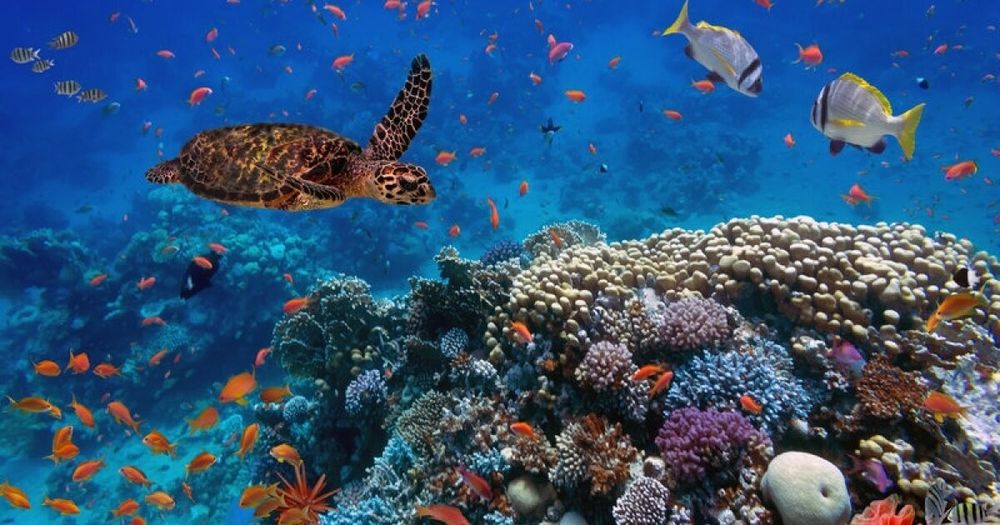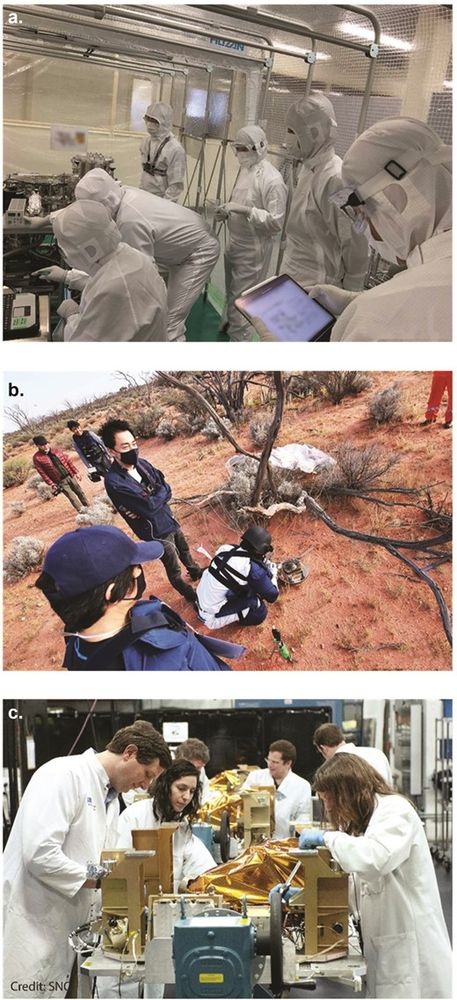
Ecologist (invasive species, freshwater biodiversity, bioinvasions, aquatic ecosystems) | Professor of Biology, McGill University | Director of the Bieler School of Environment | My lab account: @ricciardilab.bsky.social




www.sciencedirect.com/science/arti...


www.nytimes.com/2023/12/01/s...
bsky.app/profile/ecoi...
Reposted by Anthony Ricciardi

Read more: newhampshirebulletin.com/2025/10/13/w...
#InvasiveSpecies #Entomology 🧪🌍🍁
One argument is:
“The vast majority of non-native species are not a threat to native biodiversity or ecosystems (so concern about them is overblown)”.
This overlooks a few crucial points...🧵

Here is a brief reminder of what scientific evidence shows...
#bioinvasions
Reposted by Anthony Ricciardi
Reposted by Anthony Ricciardi, Stephen D. Murphy


Q&A with Stéphane Blanc, research director at CNRS, about the Long-term Studies in Ecology and Evolution programme and its priorities for supporting long-term monitoring and research
Free to read: rdcu.be/eQltU
I would argue that planetary protection protocols should treat *any* microbe being returned to Earth from space as potentially invasive or damaging.

academic.oup.com/bioscience/a...

If a microbe mutated while in space (as has happened already: astrobiology.com/2024/04/bact...) & was subsequently introduced back to Earth, should it be considered a non-native species?
My answer would be yes. [1/🧵]
Reposted by Patrick A. Jansen

Owing to interactions among drivers, and the increasing spread of new & well-established alien species, "simple extrapolations from the impacts of invasive alien species observed today are likely to underestimate the magnitude of future impacts."
phys.org/news/2024-06...

phys.org/news/2021-06...
www.canr.msu.edu/news/telecou...
cdnsciencepub.com/doi/10.1139/...
www.greatlakesnow.org/2021/07/rese...
Reposted by Julie L. Lockwood

The World Economic Forum ranks biodiversity loss and extreme weather among the decade’s top global risks.
Yet, most companies leave nature out of their strategic plans."
www.eco-business.com/opinion/busi...

neobiota.pensoft.net/article/77920/



Reposted by Graeme S. Cumming, Julie L. Lockwood


www.pnas.org/doi/full/10....






